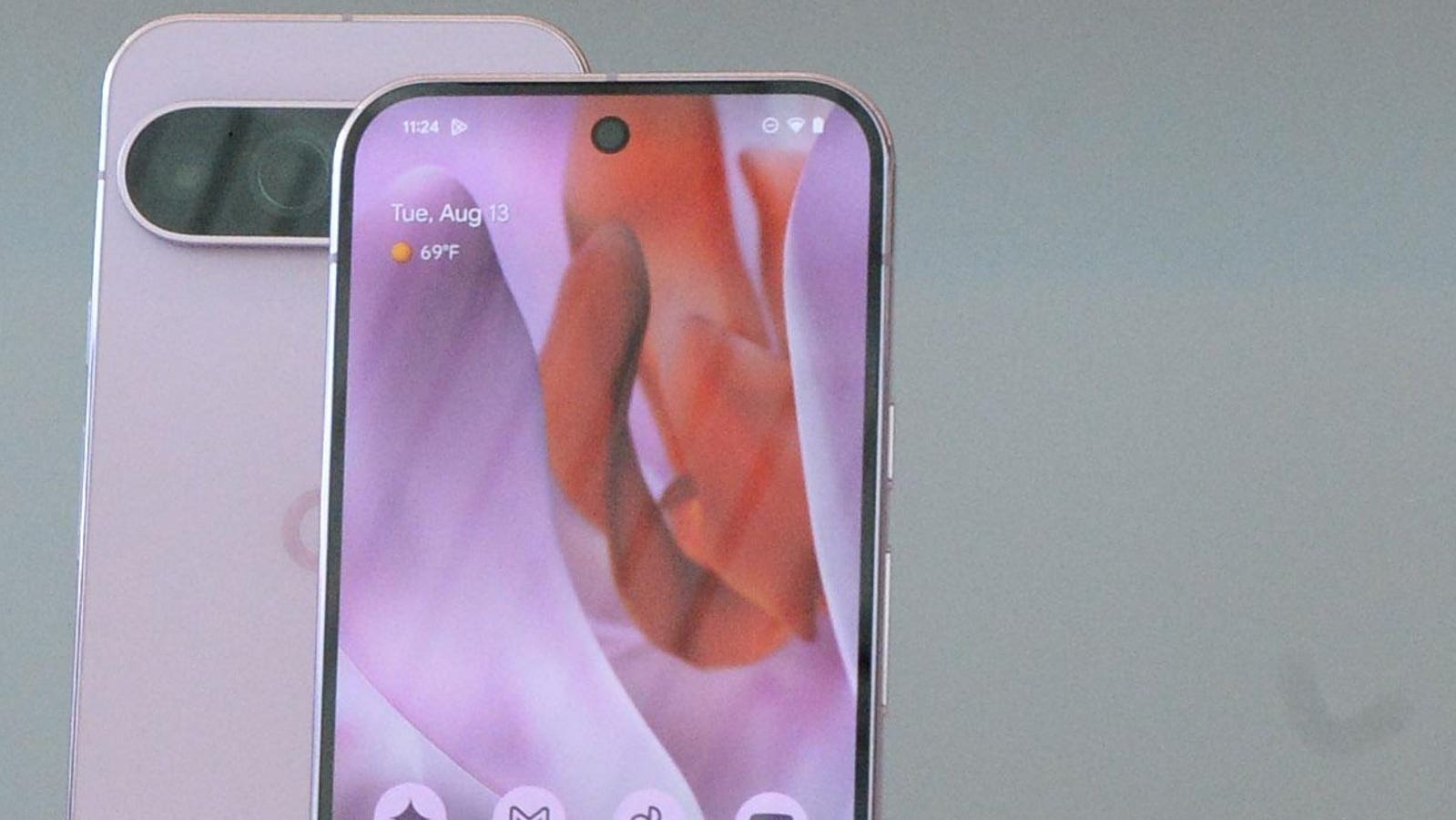Bad news for Galaxy owners.
Ignore the PR-fueled product launches and exciting new software features. There’s a major problem weighing down Android and it’s now getting worse. It’s hard to see how this is fixed without some major changes in how Android actually runs.
Samsung is Android’s most important manufacturer, with a user base that dwarfs all but China’s leading OEMs. It’s sells ten times more phones than Google’s Pixel, for example. And yet Android itself is run by Google, which means the company both supplies and competes with other OEMs. It’s hardly a surprise that Pixel is first to everything.
This is especially acute when it comes to security and privacy. With new features, such as network defense, live threat protection or scam detection, Pixel is there first. And the same is true for monthly security bulletins and new versions of Android’s OS.
Samsung was so late with One UI 7 and Android 15, that Pixel was rolling out Android 16 by the time Galaxy users were getting the prior version. Per SamMobile, “the One UI 7.0 delay becoming the new normal would be disaster for Samsung.”
And yet the bad news for Samsung users, it seems, is that we are here again. SammyFans warns that “One UI 8 is facing endless delays as Samsung repeats One UI 7 mistakes,” with “a concerning pattern of poor communication and confusing release strategies that have become all too familiar to Galaxy users.”
Just as with the Galaxy S25 and Android 15, new phones still come first. This is about the tail, especially when it comes to recent $1000-plus flagships. “While new devices like the Fold7 and Flip7 come with One UI 8 pre-installed, existing customers are left guessing about when their phones will get it, raising questions about why Samsung keeps struggling to be clear about software updates.”
Meanwhile, Google is making headlines with its Pixel 10 teases and is also rolling out its “new Android Canary 2507 for Pixel devices.” This replaces the old developer previews and it not for everyday users wanting to beta test. But it’s still Pixel-centric.
While all this is a good Pixel strategy, it’s a terrible Android strategy. With background speculation that China’s key OEMs could start to look to Huawei’s independence as a model for the future with a Chinese-owned OS instead of Google’s Android, the stakes are high. At some point this becomes a decision for Samsung to stick or twist.
“Samsung’s ongoing struggles with communication point to bigger problems that need serious attention,” SammyFans says, “not just quick fixes.” And while Samsung needs to “sort this out,” the reality is that it can’t do so until there’s a different way of working across Android. The reality, though, is that we’re heading in the wrong direction.
